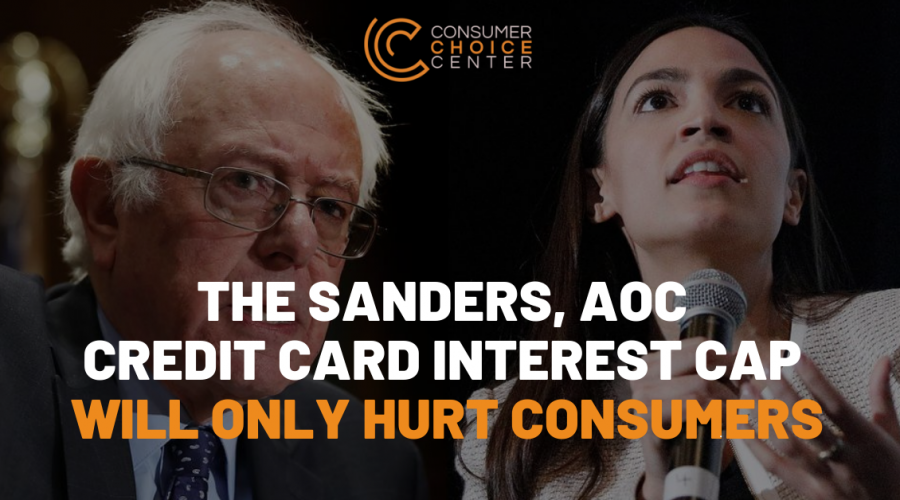Democratic Debates: Healthcare in the US is twice as expensive as in Europe – But is this really due to high drug prices?
Watching the #DemDebate in Iowa was an interesting lesson on how something becomes true if enough politicians repeat the same twisted fact over and over again.
Once all candidates had agreed that Iran having a nuclear bomb would be a problem, the debate shifted towards healthcare reform and the fact that the U.S. is the world leader in healthcare spending as a share of GDP (whooping 17.7% of GDP compared to a typical 8-12% when looking at countries such as the UK, France, Canada, Switzerland, or Germany).
Hedge-Fund-Manager-turned politician Tom Steyer opened by saying that the US spends twice as much per person on healthcare than any other developed nation and that’s why we need a stronger role of the government in healthcare. Steyer forgets to mention that the United States is already the global leader in government healthcare spending:
According to the World Health Organization at least 49% of all healthcare expenditure in the United States is paid by the government (state and federal). That gets you close to 9% of the US GDP and is more than public and private health spending in the United Kingdom combined.
This should make all of us skeptical and get us to question whether a bigger role of government in healthcare spending would actually bring costs down.
Vermont Sen. Bernie Sanders talked about “greed and corruption of pharmaceutical companies“ and lambasted them as the main reason for high health expenditures in the United States. And while it is true that the US is the largest market for drug sales, they account (including retail and inpatient use) for merely 14% of total health expenditures.
Simple math shows us that even if Bernie Sanders becomes POTUS and brings all drug prices down to $0.00, the US’ healthcare spending would still equal 15% of its GDP, and still it a world leader in healthcare spending. All of this while effectively killing any new medical innovations in the country.
These 2-2.5 percentage points in savings could (according to PWC) also be realized by cutting through red tape and the billing madness of the US health system(s). An unknown but significant amount of efficiency gains could be realized by opening up insurance markets nationwide and giving patients in every state more choice when it comes to their insurer.
High salaries for medical professionals (doctors and nurses) are definitely the elephant in the room that political campaigners don’t touch. Even purchase power adjusted medical professionals make easily twice as much as in other (very) developed countries. By opening up the US medical labor market to more immigration, mutual recognition of medical degrees and training, the US could counter ever-rising salaries for professionals. More competition among medical and nursing schools could also tackle student debt of medical professionals.
While merely 0.3 percentage points could be directly saved by reforming medical malpractice laws, a much bigger amount could be saved by doctors reducing their fear of lawsuits. So-called defensive medicine is the behavior of doctors that are worried about getting sued by patients. Some studies estimate that over-prescribing and over-treatments can make up a quarter of total health costs in the United States. While I think that that number is too high, even if it’s just 5% of total health expenditure, we would be able to shave off another percentage point getting us closer to the Switzerlands of the world.
In short: The Democratic candidates don’t have to worry: The US is already the global leader in government health spending per citizen. If they really want to bring total spending down, they should advocate for legal (liability) reform, opening up the medical and nursing job markets to more immigration, and more choice and competition in the insurance market. Nationalizing all pharmaceutical companies and handing out drugs for free won’t do the trick.


